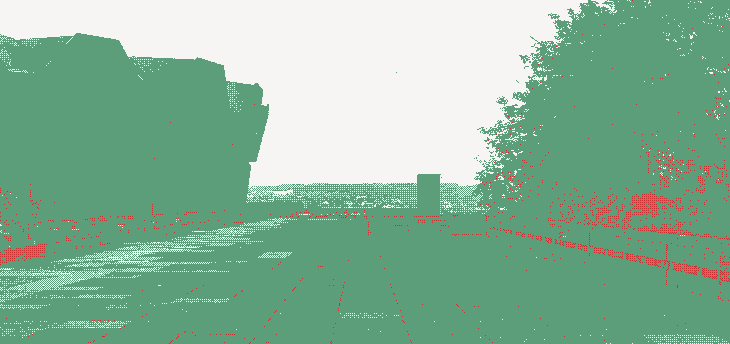
Ruby Reding
Join the collaborative workshop mapping the globalised supply chains of aluminium as they relate to the Ruhr region, creating a series of propositions for the future of aluminium waste, energy use and global dependency. We will position the Ruhr region at the centre of a larger transition in the global economy where refining, assembly, and computational robotics are congealing within a single ecosystem. This project asks questions about the role of artistic research for a critical approach to the globalised supply chains and shadow histories of aluminium. The contribution of an STS scholars workshop will situate a component of this research in the Ruhr Valley, where Voerde and Essen are a focal point for developments in EU smelting processes and energy efficiency.
The outcome of the workshop will be a field guide on aluminium supply chains incorporating new shared interdisciplinary working methods incorporating STS and artistic approaches. We will work with media including GIS maps, photographs and video material of aluminium locations, EU policy documents and qualitative interviews. The guide will be sent to participants after the workshop.
The workshop aims to counter the ‘stratal thinking’ and the process of a ‘cut to mineralogical affiliations’ that has been formed by the colonial inheritances of extractive metallurgies, looking instead to the attachments, connections and agencies formed through the dispersed 5-step industrial aluminium process (Yusoff, 2024). 75% of the more than 1.4 billion tonnes ever produced of the metal remains in use today (International Aluminium, 2020a). The EU Critical Raw Materials Act 2024 outlines plans for net zero emissions and a circular economy. Only 0.3% of primary production and 1.9% refined production of aluminium happens in the EU, making primary exporters such as Guinea, Australia and Indonesia and importers such as China essential to our knowledge of globally dispersed circulations of aluminium industry.
Through the workshop, we will enquire:
- How can we collectively feel out the connections between smelting processes in the Ruhr valley and the present logistics, colonial inheritances and future ruins of aluminium production?
- What is the role of artistic research in responding to concerns of a circular economy and net zero emissions outlined for aluminium in the EU Critical Raw Materials Act 2024?
- What new frameworks can we generate by collectively mapping waste and toxic residues left behind in red mud and alumina?